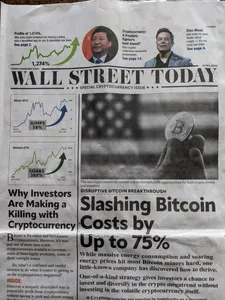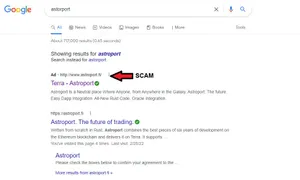Byrne and Collins published the paper via their co-founded company Streetlight Equity. The firm has also published ostensibly economic-focused articles that include conspiracy theories about how U.S. sanctions on Russia are all a part of a plan to "force the left's green agenda", and rail against pandemic lockdowns.
This is not the first unsolicited newspaper from the Epoch Times or its associates; the Falun Gong-associated and strongly anti-Chinese Communist Party publication previously distributed an unsolicited "special edition" which described COVID-19 as the "CCP virus". This led to pushback from Canadian postal union, who urged the Canadian government to ban its distribution as hate speech they feared would endanger Asian Canadians. Epoch Times have also spread QAnon and anti-vaccine conspiracy theories, spread false claims of fraud in the 2020 United States presidential election, and promoted far-right politicians in Europe.









